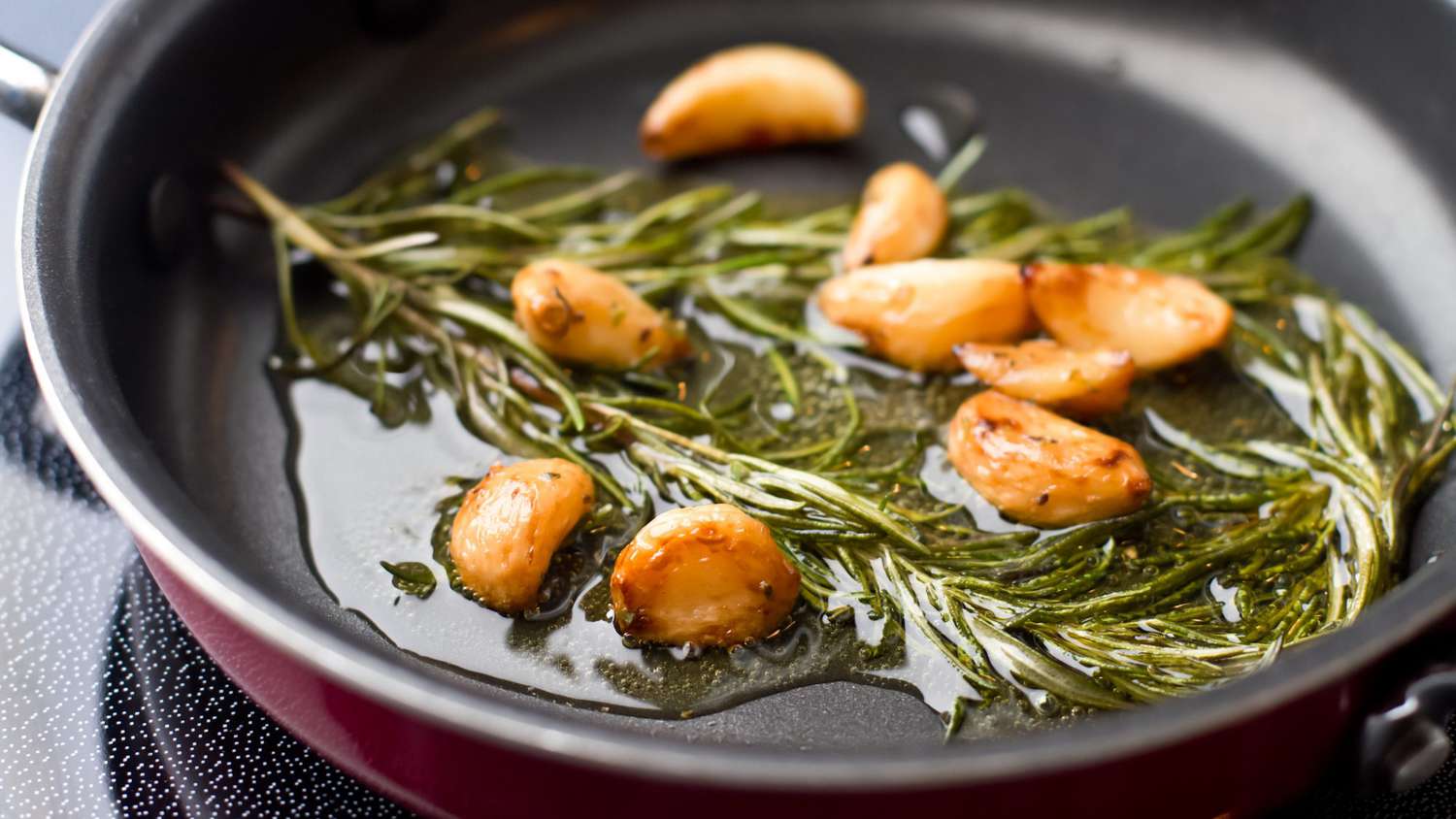Cooking steak to perfection is an art that many aspire to master. Whether you're a professional chef or a home cook, the kind of oil you use can significantly impact the final result. What kind of oil to cook steak is a question that plagues many, and the answer lies in understanding various oils' smoke points, flavors, and health benefits.

Understanding Smoke Points: A Basic Guide
The smoke point of an oil is crucial when cooking steak. The smoke point is the temperature at which oil begins to smoke and break down, releasing harmful compounds and imparting a burnt flavor to your steak. Oils with high smoke points are preferable for cooking steak because they maintain their integrity under high heat. Check out our guide on high-smoke-point oils for more details.
High Smoke Point Oils
Here are some oils with high smoke points that are ideal for cooking steak:
- Avocado Oil - Smoke point of about 520F / 271C. It's not only stable at high temperatures but also packed with healthy fats.
- Grapeseed Oil - Smoke point around 420F / 216C. This oil is neutral in flavor and excellent for high-heat cooking.
- Canola Oil - Smoke point approximately 400F / 204C. Affordable and neutral, making it a popular choice in many kitchens.
- Sunflower Oil - Smoke point of about 440F / 227C. This oil is light and perfect for achieving that perfect steak crust.

The Importance of Flavor: Choosing the Right Oil
While the smoke point is essential, the flavor profile of the oil can also affect your steak. Some oils have strong flavors that can enhance or overpower the natural taste of the meat. Learn how to incorporate flavored oils into your cooking.
Flavorful Oils
Consider these oils for their unique flavors:
- Olive Oil - Although it has a lower smoke point (~375F / 190C), it adds a rich flavor that's beloved in Mediterranean cuisine.
- Butter - Technically not an oil, but commonly used in cooking steak for its delicious buttery flavor. It has a low smoke point, so it's often combined with a higher smoke point oil.
- Peanut Oil - Smoke point of about 450F / 232C. Offers a slightly nutty flavor ideal for certain steak recipes.

Health Benefits: Beyond Just Cooking
Health-conscious individuals often consider the nutritional benefits of the oil. Certain oils are rich in monounsaturated and polyunsaturated fats, which are beneficial to heart health. Explore how different oils can contribute to a healthy heart.
Healthy Oil Options
These oils are both healthy and hold up well when cooking steak:
- Avocado Oil - High in heart-healthy fats and Vitamin E.
- Extra Virgin Olive Oil - Rich in antioxidants and known for its anti-inflammatory properties.
- Coconut Oil - Medium smoke point (~350F / 177C) and contains medium-chain triglycerides beneficial for energy.

Combining Oils: A Pro Tip for Perfect Steak
Many chefs recommend combining oils to balance flavor and performance. For example, mixing butter with canola oil gives you the best of both worlds: high smoke point and rich flavor. Find more about oil combinations in our chef tips.
Popular Oil Combinations
Try these combinations for a perfect steak:
- Butter and Canola Oil - High smoke point with a buttery flavor.
- Olive Oil and Avocado Oil - Combines the rich flavor of olive oil with the high smoke point of avocado oil.
FAQs About Cooking Steak with Oil
Can I use olive oil to cook steak?
Yes, you can use olive oil, but be mindful of its lower smoke point. It's suitable for lower temperatures or combined with a higher smoke point oil. Learn more here.
What is the best oil for a perfect steak crust?
High smoke point oils like avocado oil, grapeseed oil, or sunflower oil are best for achieving a perfect steak crust. Discover more about creating the perfect steak crust.
Are there oils I should avoid when cooking steak?
Avoid oils with low smoke points and strong flavors that you don't want to impart to your steak. Unrefined oils typically don't hold up well under high heat.
As an Amazon Associate, I earn from qualifying purchases.
Need to clean your kitchen after cooking? Check out this guide on cleaning grout.






Leave a comment
This site is protected by hCaptcha and the hCaptcha Privacy Policy and Terms of Service apply.